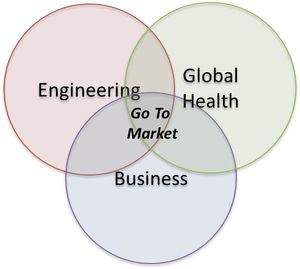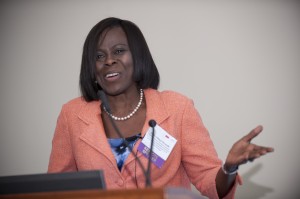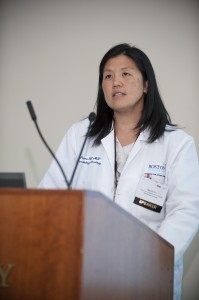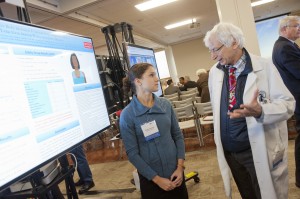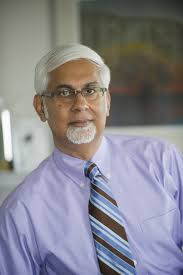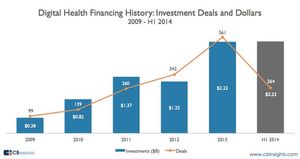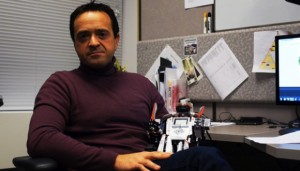By Callum BorchersGlobe Staff March 06, 2015
If anyone seems likely to put solar panels on his roof, it’s Michael Sun. Besides the tailor-made name, he’s spent the past five years researching solar cell efficiency as a doctoral student at Boston University.
But Sun rents an apartment, so — much as he’d like to power his TV and microwave with rays of sunshine — he can’t install panels on a roof he doesn’t own.
For renewable energy enthusiasts like himself, who haven’t bought solar panels for one reason or another, Sun has a new option. He and the cofounders of a Boston startup called CloudSolar are offering customers panels to be installed not on their own homes but rather on a solar farm the company plans to open somewhere in New England next year.
It’s an unorthodox arrangement.
Buyers won’t be able to power their own electronics with the energy their panels generate. Instead, CloudSolar will sell the electricity to utility companies that will pass the green energy on to their customers.
Then CloudSolar will send quarterly checks from the proceeds to panel owners.
Sun and his partners, Cory Absi and Xiaohang Li, formed the company last year on the premise that many more people would buy solar panels if not for a long list of drawbacks: They’re unsightly, impractical in places that don’t receive a lot of sunlight, and expensive without applying for government rebates, which can seem like a hassle.
CloudSolar, which began taking orders on the Indiegogo crowdfunding site this week, handles all the paperwork, installation, and maintenance, and has set a starting price of $250 for a quarter-panel; half-panels cost $450 and full ones $650. The company also will provide owners with a mobile app showing their panels’ energy output in real time.
For its trouble, CloudSolar will keep 20 percent of electricity sales and return the rest to panel owners.
“If you could help the planet and participate in the solar industry by just the click of a button, wouldn’t you do it?” Absi said. “We want to take all the complexity out of it.”
CloudSolar doesn’t offer estimates about how much customers should anticipate earning from their panels each year, noting that payments will fluctuate with the weather and energy prices. But Absi, an undergraduate mechanical engineering student at Boston University, said buyers should expect to recoup their purchase costs in 10 to 12 years and begin making a profit after that.
The option to own a solar panel in a remote location — in the cloud, to borrow a computing term — is one of several ways for environmentally conscious energy consumers to join the solar movement without renovating their roofs. Last fall, SolarCity, a leading installer of solar energy systems, began issuing solar bonds investors can buy in $1,000 increments and receive 4 percent interest, with a seven-year maturity.
Community solar gardens, like those in Brewster and Rehoboth, sell memberships or panels to local residents who receive cash credits on their monthly electric bills. Community solar garden customers must live within a certain geographic radius, but CloudSolar customers can live anywhere.
“The best economics for the consumer is still to buy the panels and put them on your own roof,” said Ian Bowles, managing director of Windsail Capital Group in Boston and a former Massachusetts secretary of energy and environmental affairs. “But I’m in favor of 1,000 flowers blooming in solar, and this is one of those flowers.”
Each panel or partial panel includes a 25-year maintenance contract with CloudSolar, which has existed for just eight months and doesn’t yet own the land for the farm.
At the end of the 25-year term, panel owners can renew the maintenance agreement with CloudSolar or sell their panels back to the company. Founders said they have a tentative deal to buy a seven-acre tract capable of holding 4,000 panels in one of the New England states. They declined to say which, citing competition, and said they need the capital from the Indiegogo campaign to close the deal. CloudSolar hopes to raise $300,000 by April 3 and had pledges for about one-third of the money as of Thursday evening.
If CloudSolar were to be acquired in the future, the buyer would probably assume the maintenance obligation. If it were to fold, the solar panels could be shipped to their owners, who might have nowhere to put them.
Despite the risks, Sun and his partners are confident they have developed a smart new way to invest in solar energy. “Once we build the farm, it should keep generating electricity for decades,” Sun said.
Callum Borchers can be reached at callum.borchers@globe.com. Follow him on Twitter @callumborchers.

